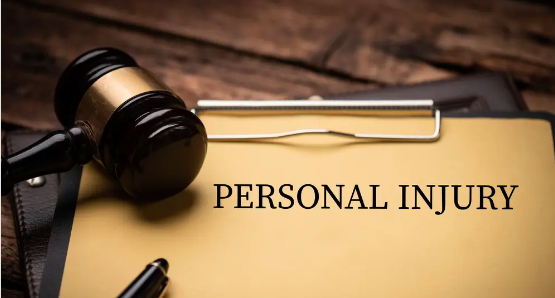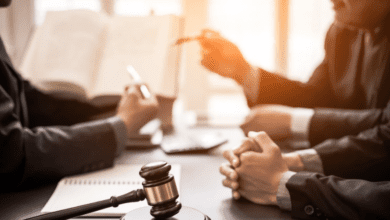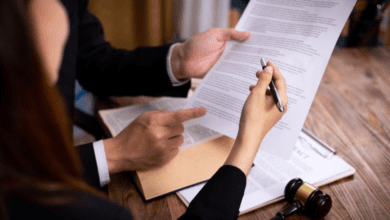How to Effectively Hold Negligent Parties Accountable in Personal Injury Cases

Personal injury cases arise when someone is harmed due to another’s negligence. Whether it’s a car accident, a slip and fall, or medical malpractice, victims have the right to seek compensation for their injuries. This article explores how to hold negligent parties accountable, ensuring justice and fair compensation for those affected.
Understanding Personal Injury Claims
Personal injury law is designed to protect individuals who have been injured due to the wrongful actions of others. These cases often involve physical injuries, emotional distress, and financial burdens. The core principle is to restore the victim to their original state as much as possible, which often involves monetary compensation.
Identifying Negligent Parties
To hold negligent parties accountable, it’s crucial to identify who is at fault. Negligence occurs when someone fails to act with reasonable care, resulting in harm to another person. Common examples include:
- Drivers who cause accidents by speeding or distracted driving.
- Property Owners who neglect to fix hazardous conditions, leading to slip and fall accidents.
- Medical Professionals who make errors that harm patients.
Gathering Evidence
Evidence is vital in personal injury cases to prove negligence. This includes:
- Medical Records: Documenting injuries and treatments.
- Witness Statements: Eyewitness accounts of the incident.
- Photographs: Visual evidence of injuries and accident scenes.
- Expert Testimony: Professionals who can validate claims of negligence and injury.
Filing a Personal Injury Claim
The process begins with filing a claim against the negligent party. This involves:
- Consulting an Attorney: A personal injury lawyer can guide you through the legal process, ensuring all necessary steps are taken.
- Investigating the Case: Your attorney will gather evidence, interview witnesses, and build a strong case.
- Negotiating a Settlement: Often, cases are settled out of court. Your lawyer will negotiate with the insurance company or the defendant’s attorney for a fair settlement.
- Going to Trial: If a settlement cannot be reached, the case may go to trial, where a judge or jury will determine the outcome.
Proving Negligence
To hold negligent parties accountable, the following elements must be proven:
- Duty of Care: The defendant had a legal duty to act with care towards the plaintiff.
- Breach of Duty: The defendant breached that duty through action or inaction.
- Causation: The breach directly caused the plaintiff’s injuries.
- Damages: The plaintiff suffered actual damages, such as medical expenses, lost wages, or pain and suffering.
Read also: Managing Cash Flow Challenges in B2B Businesses: Strategies for Success
Compensation for Personal Injury Victims
Victims can seek various types of compensation, including:
- Medical Expenses: Covering current and future medical costs.
- Lost Wages: Compensation for time missed from work due to the injury.
- Pain and Suffering: Monetary awards for physical pain and emotional distress.
- Punitive Damages: In cases of gross negligence, additional damages to punish the defendant and deter future misconduct.
The Role of Insurance Companies
Insurance companies often play a significant role in personal injury cases. They may handle claims, negotiate settlements, and provide compensation. However, their goal is to minimize payouts, which is why having a knowledgeable attorney is essential.
Statute of Limitations
It’s important to be aware of the statute of limitations for personal injury claims, which varies by state. This is the timeframe within which you must file your claim. Missing this deadline can result in losing the right to seek compensation.
The Importance of Legal Representation
Navigating personal injury claims can be complex and challenging. An experienced personal injury attorney will protect your rights, gather necessary evidence, and advocate for fair compensation. They understand the legal intricacies and will ensure negligent parties are held accountable.
Preventing Personal Injuries
While holding negligent parties accountable is crucial, preventing personal injuries is equally important. This involves:
- Safe Driving Practices: Adhering to traffic laws and avoiding distractions.
- Property Maintenance: Regularly inspecting and repairing potential hazards.
- Medical Vigilance: Ensuring healthcare providers follow standard procedures and protocols.




